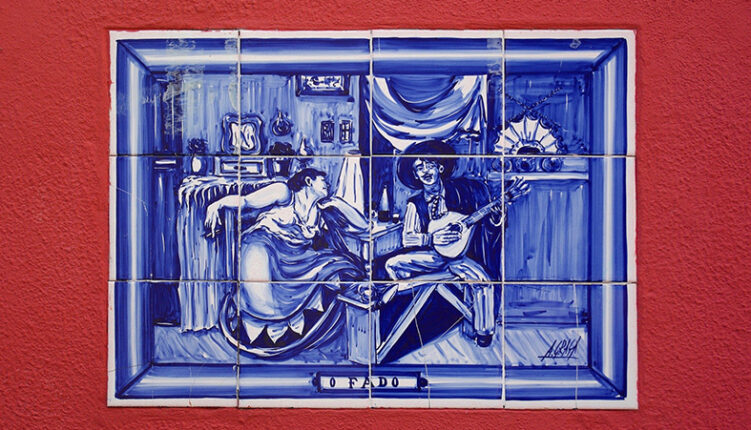The melodic, often mournful, music of fado is instantly recognisable. Full of sentiment and longing, the words convey everyday life with its triumphs and losses, resignation and fate.
The soloist is traditionally supported by the plucked Portuguese guitarra (a guitar with twelve steel strings), a viola (similar to a violin but different in size, tuning and clef) and other string instruments.
Fado historian Rui Vieira Nery says that “the only reliable information on the history of fado was orally transmitted and goes back to the 1820s and ‘30s at best”.
The origins of fado are difficult to trace but it is believed that similar music from the Portuguese ex-colonies, Cape Verde and Brazil for example, played a part in fado’s evolution.
Beijo de Saudade, a modern fado song sung by Mariza, the world-renowned fadista (fado singer), has a definite Cape Verdean feel to it.
Originally sung by sailors, dock workers and the working-class people of Lisbon, fado is also linked to Coimbra and its university in particular.
Students, exclusively men, dress in the typical outfit of a dark robe, cape and leggings. They sing and play in a troubadour style, usually at night in the streets and squares of the city. Typical venues are the steps of Coimbra’s monastery and cathedral.
Coimbra fado is performed with the Coimbra guitarra, a modified version of the Portuguese equivalent and the lyrics are taken from ballads and folklore, as opposed to the lyrics of Lisbon fado where the struggles of life are recited.
In 2011, fado was granted World Heritage status by UNESCO as was the polyphonic singing of Cante Alentejano in 2014.
Amália Rodrigues took fado to the international stage. The fadista was known as the Queen of Fado and was considered by the American magazine Variety as one of the voices of the century.
Today there are many notable fadistas, both men and women, singing both traditional and modern variations of the genre.
Fado continues to be sung in restaurants and bars, the customary venues. In Lisbon soloists will simply stand and start singing on the spur of the moment. Visitors to Algarve can enjoy the traditional sound of Portugal whilst dining in various restaurants along the coast. Click here for suggestions.
To learn more about the history of fado, see here.
For articles ranging from Algarve’s defense lines to salt mining and suggestions of places to visit that have been important cultural hubs in the region, simply visit our regularly-updated blog.

